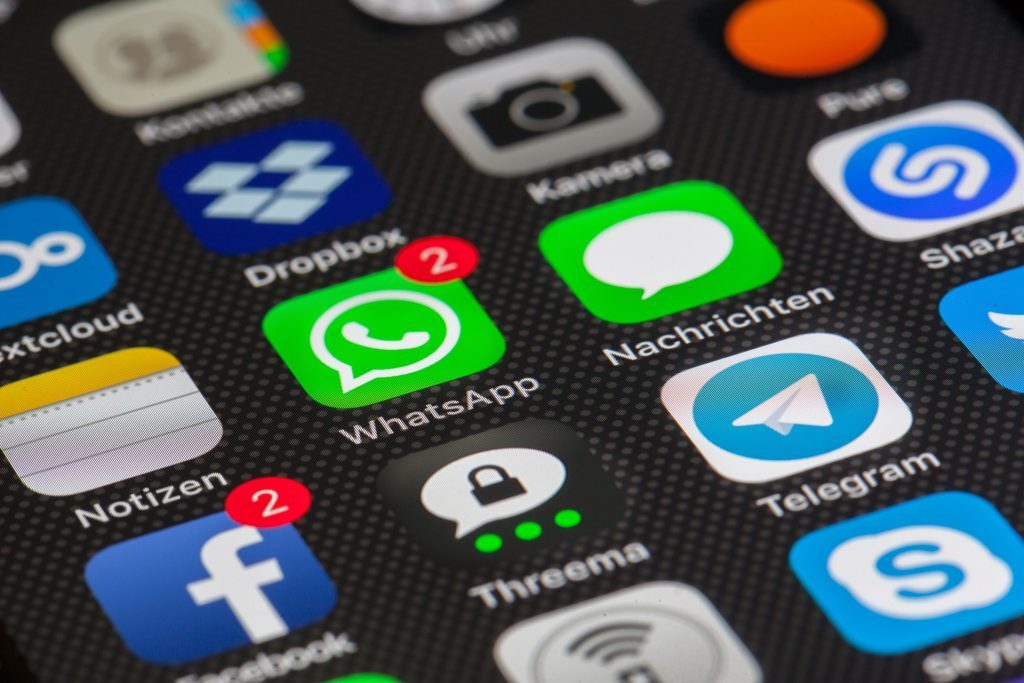In the last few years while WhatsApp was being sued by privacy watchdogs in Europe for data infringements, Telegram was sued in Russia for refusing to compromise on its users’ privacy.
Telegram is a messaging app that prides itself on its encryption and privacy. It was created in 2013 Pavel Durov – often called Russia’s Mark Zuckerberg – specifically to prevent his own government from eavesdropping on its citizens. It had 200m users, it said last March, including high-profile figures in Russia and Iran, where attempts have been made to shut it down. Prominent users includes ran’s supreme leader Ayatollah Ali Khamenei and many Russian politicians and civil servants at the Kremlin. A key government complaint is that the secure encryption enables terrorism.
“Our policy is simple: privacy is paramount,” Durov tweeted in 2015. “Public channels, however, have nothing to do with privacy. ISIS public channels will be blocked.”
Last May angry Russian users took to the streets to protest the government’s attempts to censor it, including throwing paper airlines, which is the app’s symbol.
Having founded social media site VKontakte in 2006, which was more popular than Facebook for a long time, Durov was hounded by Russian security forces looking for details on Ukrainian protesters. After an armed Swat team arrived at his St Petersburg house, he sold his stake (for a reported $300m) and left his home country in 2014.
Durov and his brother Nikolai created the Telegram app after Edward Snowden’s revelations about spying, famously having offered the controversial whistleblower a job on the day the former NSA contractor arrived in Moscow.
Cryptography experts argue over how secure Telegram really is – even though it has end-to-end encryption for messages – because it stores messages and contacts on various servers around the world. Durov and his team of engineers travel the world, most recently in Dubai.
“Not sure why some media would refer to @telegram as ‘Russia-based’. We have no servers, developers, companies, bank accounts or offices in that country,” he tweeted last year from London.
Although I doubt anyone is intercepting my WhatsApp messages, I’m looking for a more trustworthy service provider, given that the 1.5bn-strong messaging service is owned by Facebook. The 2.2bn user social network has demonstrated scant regard for its own users’ privacy and it seems inevitable that WhatsApp’s original purpose to provide secure messaging is subsumed by revenue-generating interests.
A more secure option than Telegram, experts say, is Signal, another messaging app that the co-founder of WhatsApp, Brian Acton, invested $50m of his Facebook pay-out into.
Acton had met Signal’s founder Moxie Marlinspike in 2013, and later integrated its encryption into WhatsApp. “Bringing Signal Protocol-based encryption to WhatsApp’s billion users was one of the biggest security wins of the last several years,” Wired magazine described it.
Now Acton is the chair of the foundation that oversees Signal’s development.
“Signal’s technology sets the standard for other messaging services, with its protocol being an open-source system that other companies can freely use. WhatsApp, Facebook’s Messenger and Google embedded Signal’s encrypted messaging system into their own apps,” the New York Times wrote in 2016.
I can anecdotally tell more people are installing Telegram because it has an annoying habit of creating a new chat every time someone in your contacts joins. It used to be a trickle, now it’s a flood.
Privacy matters. People are noticing.
This column first appeared in Financial Mail




